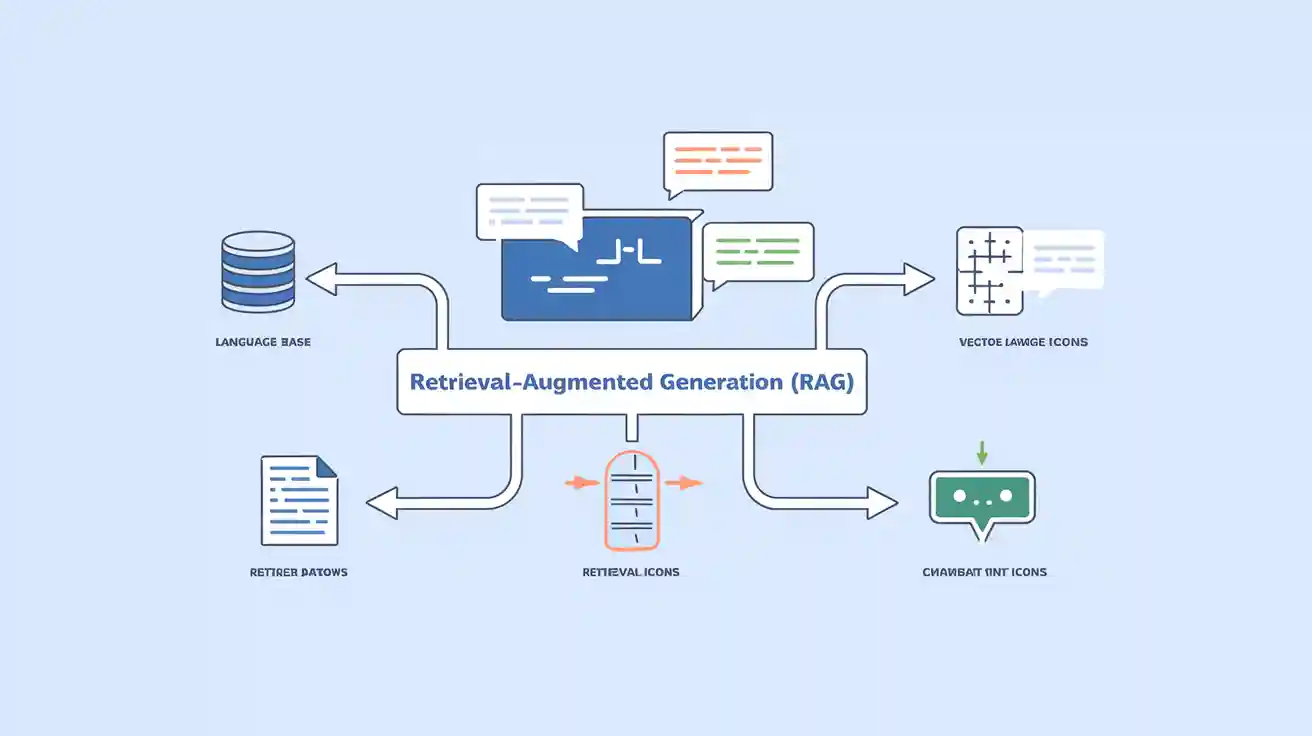What is Topical Authority? Definition, Key Elements & AI Search Optimization
Discover what Topical Authority means in SEO and AI search optimization. Learn the definition, key components, real-world applications, and how brands can build and monitor topical authority for better visibility in AI-driven search engines. Includes SaaS and Geneo use cases, plus comparisons with Domain Authority and E-E-A-T.

One-Sentence Definition
Topical authority is the perceived expertise and credibility a website or brand demonstrates on a specific subject, established by consistently publishing high-quality, interlinked content clusters that comprehensively cover that topic—especially as evaluated by modern AI-driven search engines.[1]
Detailed Explanation
In the era of AI-powered search and Generative Engine Optimization (GEO), topical authority has become a cornerstone of digital visibility. Unlike traditional SEO, which focused on keywords and backlinks, topical authority is about depth, breadth, and semantic relevance. Search engines like Google (using BERT, MUM, and generative AI) now assess how thoroughly a site covers a subject, how well its content is structured, and how it aligns with user intent. This means that to rank highly—whether in classic search or AI-generated answers—brands must demonstrate true subject matter expertise, not just surface-level keyword targeting.[2]
Key Components of Topical Authority
Content Clusters & Pillar Pages: Organize content into clusters, with a central pillar page covering the main topic and supporting pages addressing subtopics. This structure signals depth and expertise to search engines.[3]
Semantic SEO & Entity Linking: Use semantic relationships and entity-based optimization to show comprehensive topic coverage.
Internal Linking: Connect related articles to reinforce topical relationships and help both users and AI understand your site’s structure.
E-E-A-T Principles: Align content with Google’s Experience, Expertise, Authoritativeness, and Trustworthiness standards, which are crucial for both human and AI evaluation.
AI-Driven Tools: Leverage AI platforms (like Clearscope, Surfer, or Geneo) for keyword clustering, content planning, and performance monitoring.
User Engagement: Encourage comments, shares, and longer dwell times, as these are positive signals for authority.
Real-World Applications
AI Search Optimization: In AI-driven search (e.g., Google AI Overview, ChatGPT, Perplexity), engines prioritize sources with strong topical authority for direct answers and featured snippets. Brands that build comprehensive content clusters are more likely to be cited as trusted sources.[1]
SaaS & Brand Visibility: SaaS companies like Zapier, HubSpot, and Grammarly have scaled organic traffic by focusing on topic clusters and pillar content. For example, Zapier’s programmatic SEO and internal linking strategy helped it dominate integration-related queries.[4]
Geneo in Action: Platforms like Geneo empower brands to monitor their topical authority across multiple AI search engines, analyze content gaps, and receive actionable recommendations to strengthen their authority in key subject areas. By tracking brand mentions, sentiment, and content performance, Geneo helps teams optimize for both AI and human audiences.
Related Concepts
Domain Authority: Measures a site’s overall reputation and backlink profile, while topical authority focuses on subject-specific expertise. Both are important, but topical authority can help newer or niche sites compete with larger brands.[3]
E-E-A-T: Google’s framework for evaluating content quality and trustworthiness, closely tied to topical authority but broader in scope.
Content Clusters & Semantic SEO: Strategies for organizing and optimizing content to maximize topical depth and relevance.
References:
Want to monitor and boost your brand’s topical authority in the age of AI search? Try Geneo and unlock actionable insights for your digital strategy.
Related Articles

How to Find Out the Prompts Your Customers Are Asking on ChatGPT
Discover practical steps to uncover real customer prompts on ChatGPT using compliant tools, public forums, and AI answer tracking—includes template and checklist.

What is Predictive Analytics? Definition, Key Components & Applications
Discover what Predictive Analytics is, its definition, core components, and real-world applications in digital marketing and SaaS. Learn how predictive analytics helps forecast trends, optimize campaigns, and boost brand visibility in AI search. Read the full guide for marketers and SaaS professionals.

What is Retrieval-Augmented Generation (RAG)? Definition, Workflow & SEO Applications
Learn what Retrieval-Augmented Generation (RAG) is, how it works, and why it matters for content optimization and SEO. Discover RAG’s definition, technical workflow, key components, and real-world applications in AI-powered search, brand visibility, and enterprise content strategies.


